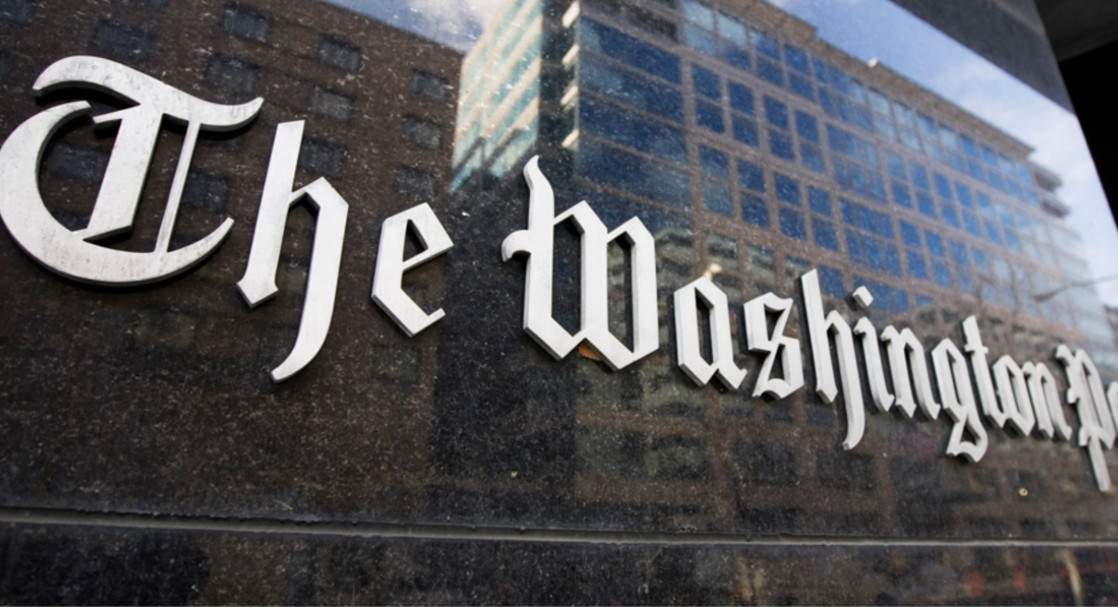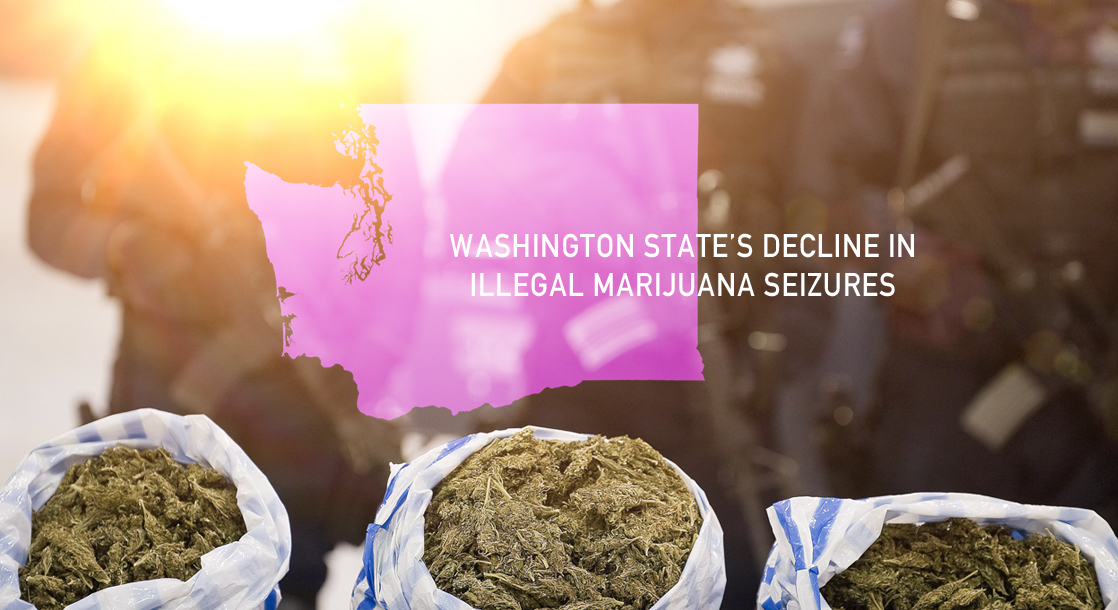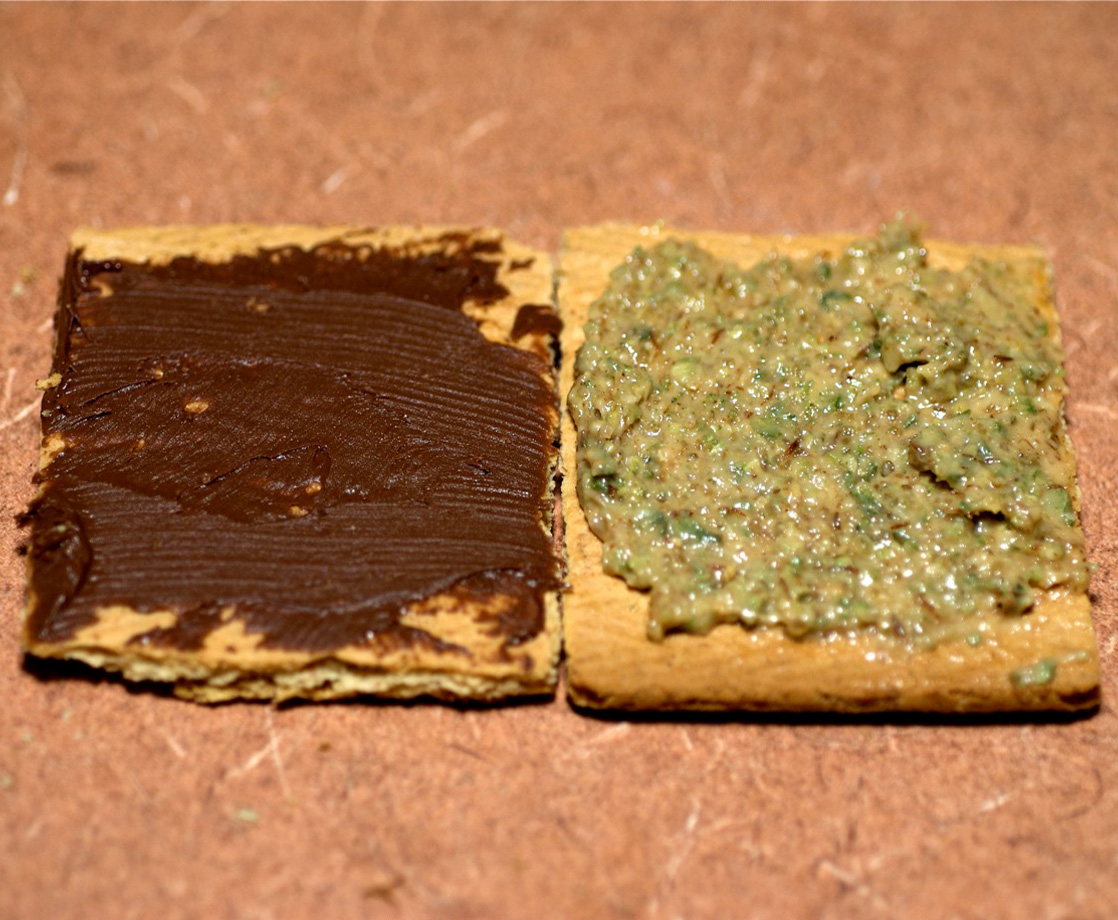After Donald Trump's surprise win of the presidential election, accusations that American voters were deceived by “fake news” stories as part of a Russian propaganda effort to discredit Hillary Clinton appeared on news and social media sites. Late last week, The Washington Post published an article promoting a blacklist of news sites that are accused of being “routine peddlers of Russian propaganda.” However, the website that published this blacklist may be just as shady as the fake news sites that it purports to identify.
The list comes from a website called PropOrNot, who the Post describe as “a nonpartisan collection of researchers with foreign policy, military and technology backgrounds.” The individuals behind the website remain completely anonymous, in fear of “being targeted by Russia's legions of skilled hackers,” the article explains. The secretive organization has only been active on Twitter since August, and their website only seems to have been active for a month.
PropOrNot claims that millions of Americans have been deceived by a Russian “misinformation campaign” carried off by sites like WikiLeaks and the Drudge Report. Liberal websites critical of Clinton, like Truthout and Naked Capitalism, are included in the list, as are libertarian websites such as the Ron Paul Institute and Antiwar.com. Some of the websites on the list are undoubtedly publishing Russian propaganda, but others are independent and legitimate news sites that are critical of current U.S. foreign policy.
The website also estimates that stories planted or promoted by Russia via these sites were viewed over 213 million times. PropOrNot has not explained how it arrived at this number, nor has it provided concrete evidence that the sites on its list are mouthpieces of the Russian government. The organization clearly has an agenda of its own, calling on Congress to “disconnect Russia from the SWIFT financial transaction system, effective immediately and lasting for at least one year, as an appropriate response to Russian manipulation of the election.”
The issue of “fake news” and propaganda is a real concern, and the blacklist does indeed include sites that have repeated stories from Russian government-owned sources, as well as sites that used misleading information to try to influence the election. For many other sites on the list, however, there is no evidence at all that there is Russian involvement in their content. Now, because of the Post's reputation, many Americans will accept that these are official propaganda outlets, despite the lack of evidence.











